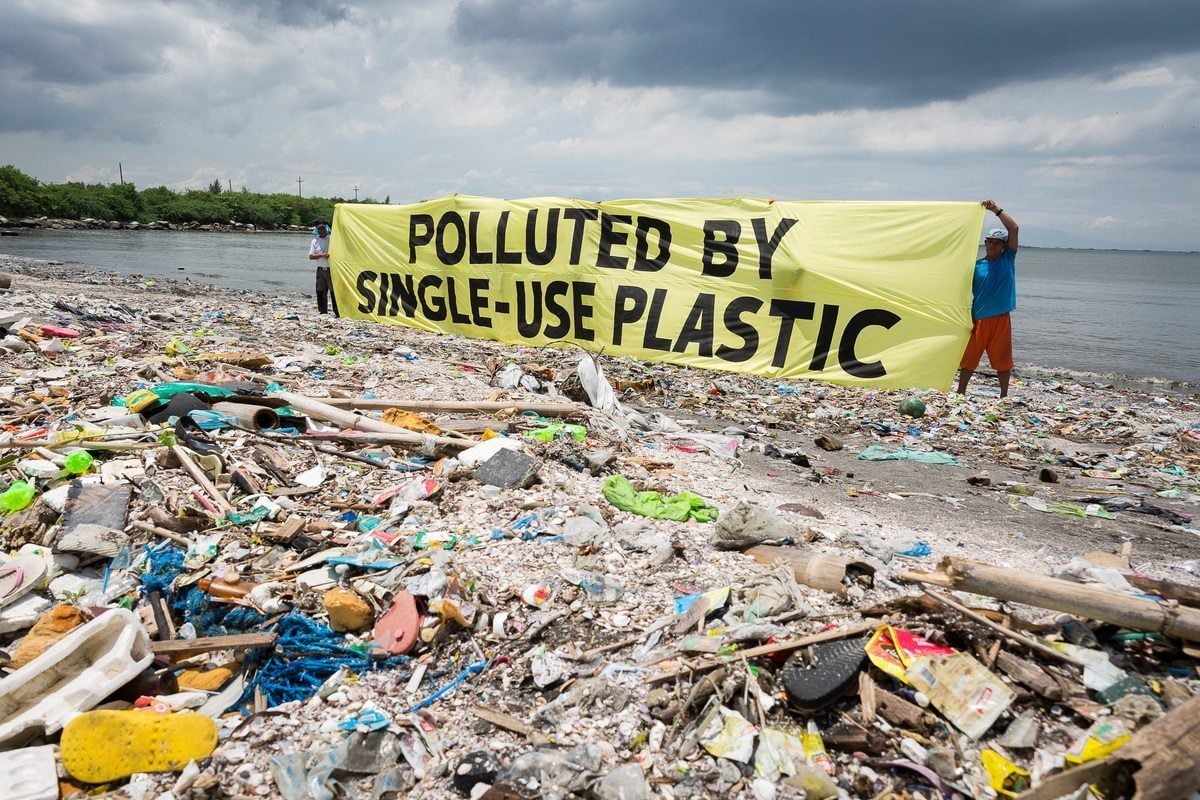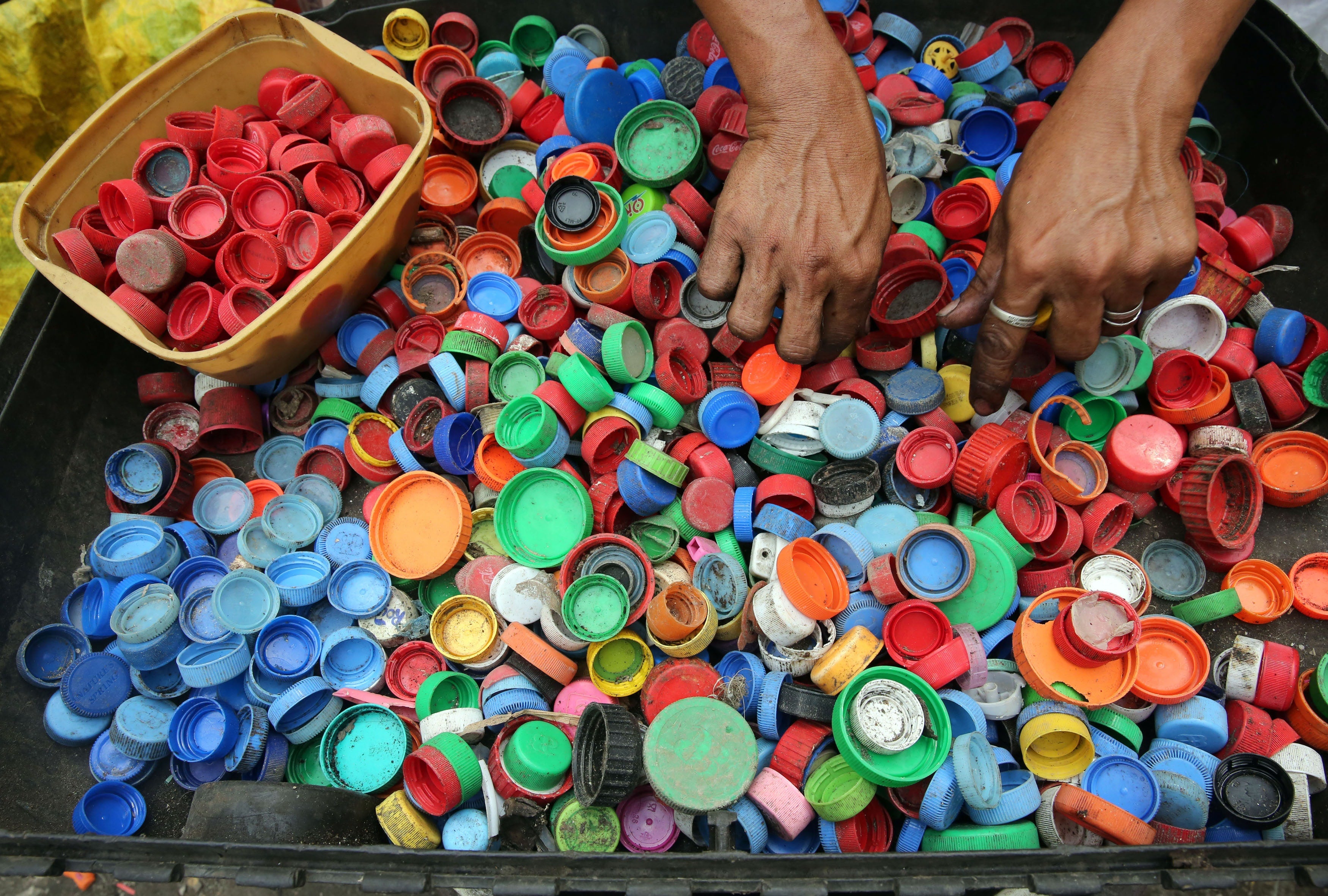In today’s fast-paced world, our lifestyles are entangled with various industries that significantly contribute to environmental degradation. Beyond the well-known culprits of fast fashion and fast food, our addiction to electronics and the pervasive use of single-use plastics also play pivotal roles in the ongoing environmental crisis. In this article, we'll delve into the extent of our impact on the environment through these addictive practices and explore actionable steps towards a more sustainable lifestyle.
Fast Fashion's Ecological Footprint

Fast fashion, characterized by rapid production cycles and disposable clothing, has a colossal ecological footprint. The industry is a major contributor to water pollution, excessive waste, and carbon emissions. The production of synthetic fabrics and the disposal of old clothing pose significant challenges to environmental sustainability.
Data: According to the World Bank, the fashion industry is responsible for 20% of global wastewater and 10% of global carbon emissions, making it one of the most polluting industries.
The Fast Food Paradox

Our addiction to fast food not only affects our health but also takes a toll on the environment. The mass production of processed foods, excessive packaging, and the carbon footprint associated with transportation contribute to deforestation, air pollution, and habitat destruction.
Data: A study published in the journal Nature Food estimates that food systems, including fast food, contribute up to 37% of total greenhouse gas emissions.
Electronic Waste (E-waste) Accumulation

The rapid advancement of technology has led to a surge in electronic consumption, resulting in a growing pile of electronic waste. Improper disposal of electronic devices, such as smartphones, laptops, and other gadgets, contributes to soil and water contamination due to hazardous materials like lead and mercury.
Data: According to the Global E-waste Monitor, the world generated approximately 53.6 million metric tons of e-waste in 2019, with only 17.4% being documented as officially collected and recycled.
Single-Use Plastics: A Global Menace

The ubiquitous use of single-use plastics, including bags, packaging, and disposable items, poses a severe threat to the environment. These plastics take centuries to break down, contributing to pollution in oceans, rivers, and land.
Data: The equivalent of one garbage truck of plastic enters the ocean every minute, and it is estimated that by 2050, there could be more plastic than fish in the ocean by weight (Source: World Economic Forum).
Breaking the Chains: How to Be Better
- Mindful Consumption: Opt for quality over quantity when it comes to clothing. Choose timeless, durable pieces and support sustainable and ethical fashion brands.
- Culinary Consciousness: Embrace a more sustainable and plant-based diet. Reduce your reliance on fast food by cooking at home and supporting local, sustainable agriculture.
- Recycle and Upcycle: Rather than discarding old clothing and electronic devices, consider donating, recycling, or upcycling. Give your wardrobe and gadgets a second life and reduce the demand for new, environmentally taxing items.
- Choose Sustainable Brands: Support companies committed to sustainable and ethical practices in fashion and electronics. Look for certifications like Fair Trade and environmentally friendly initiatives.
- Say No to Single-Use Plastics: Minimize your use of single-use plastics by opting for reusable alternatives. Support initiatives and policies that aim to reduce plastic waste.
Conclusion
Our addictions to fast fashion, fast food, electronic gadgets, and single-use plastics collectively contribute to the environmental challenges we face today. Recognizing the impact of our choices is the first step towards a more sustainable future. By adopting mindful consumption habits, supporting sustainable alternatives, and spreading awareness, we can collectively work towards mitigating the environmental harm caused by these addictive industries. It's not just about changing our habits; it's about fostering a lifestyle that respects the planet and ensures a healthier future for generations to come.


